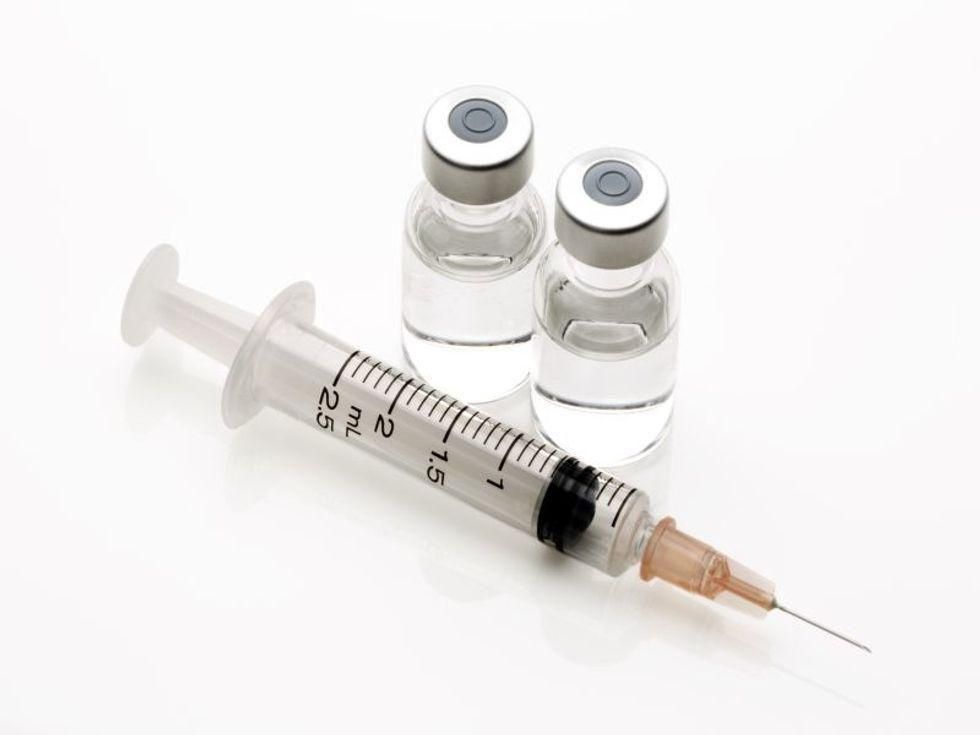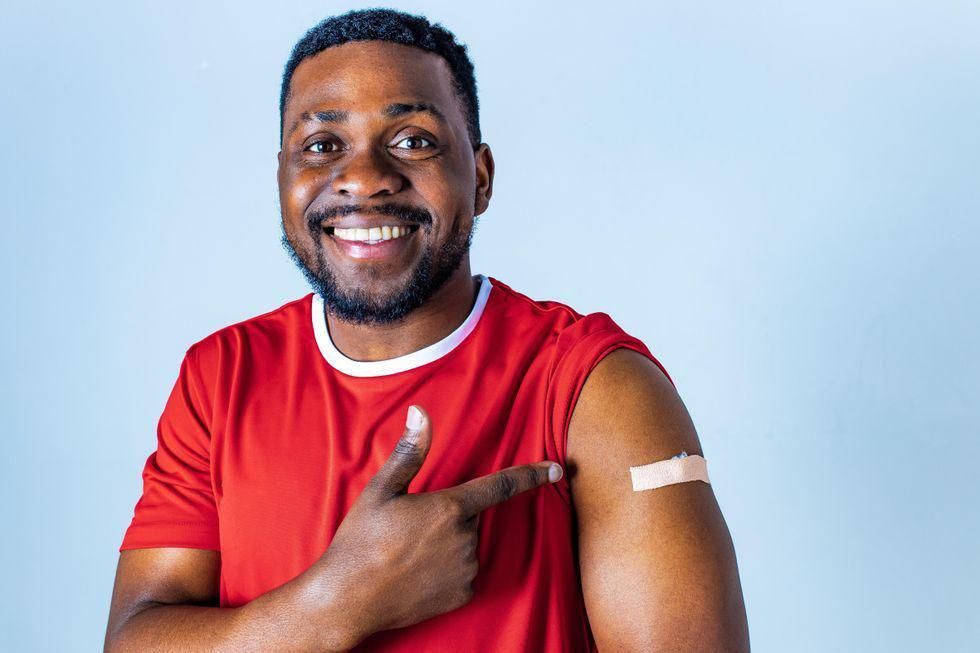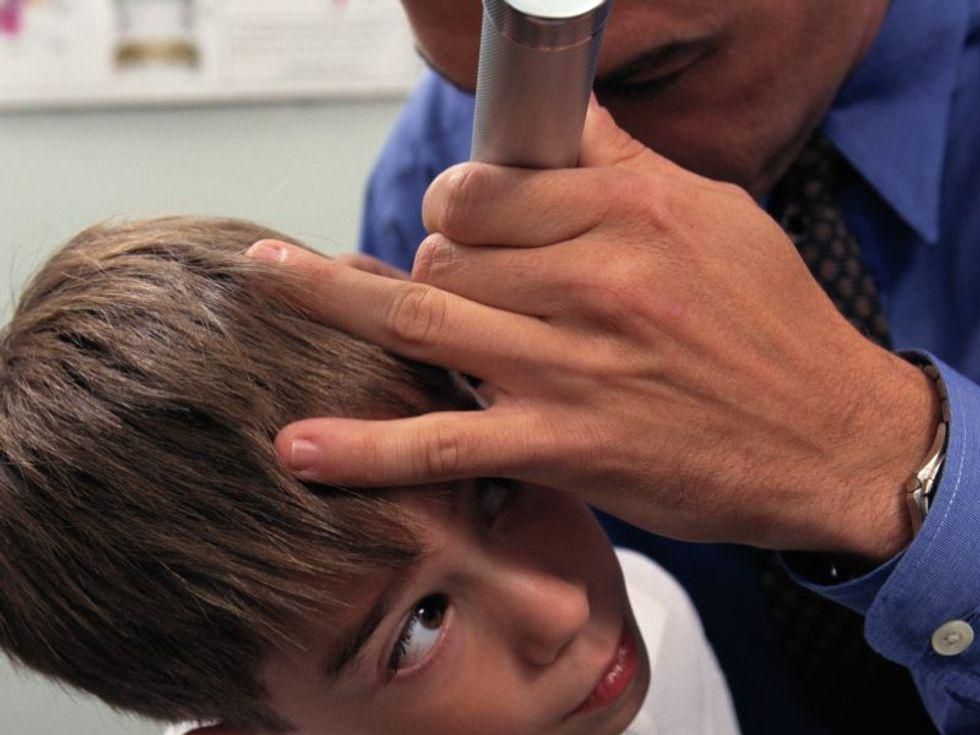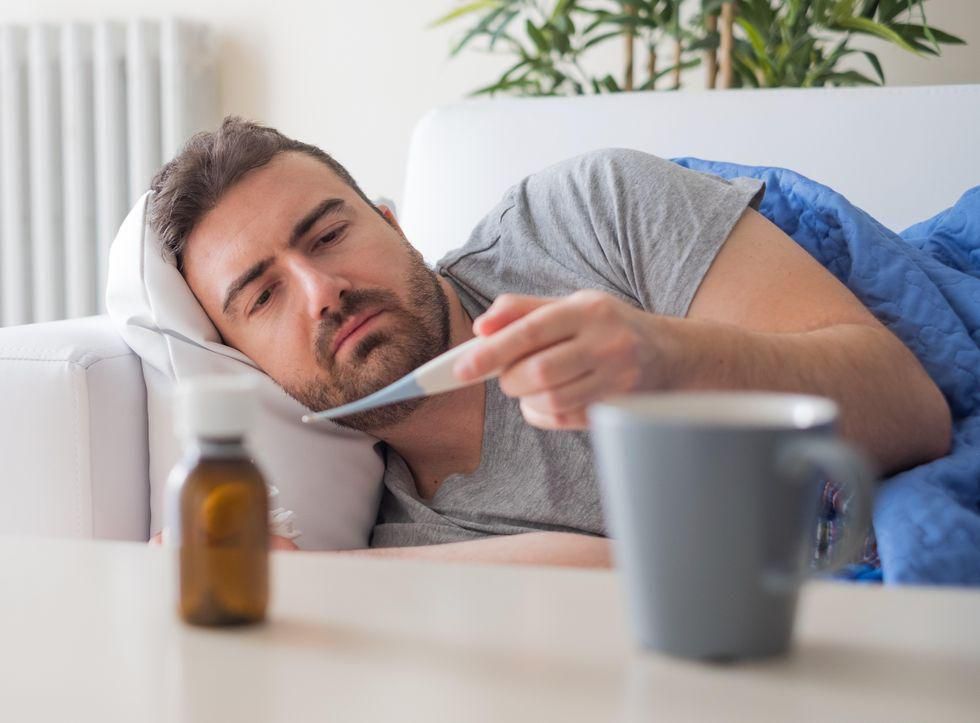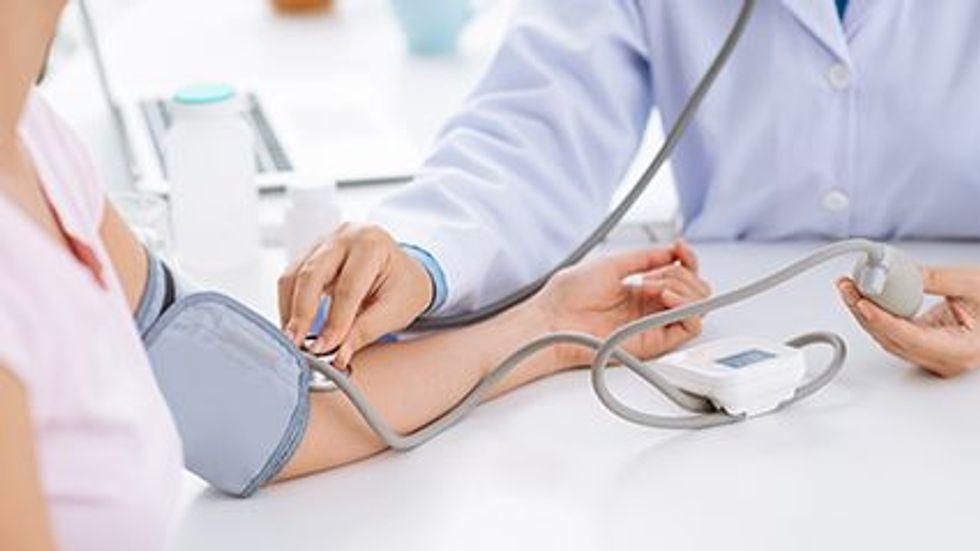
Pregnant women at risk for a serious high blood pressure disorder called preeclampsia should take low-dose aspirin after their first trimester, according to the U.S. Preventive Services Task Force (USPSTF). The recommendation, announced Sept. 28, updates and is consistent with the task force’s 2014 stance. Marked by a sudden spike in blood pressure, protein in… read on > read on >










